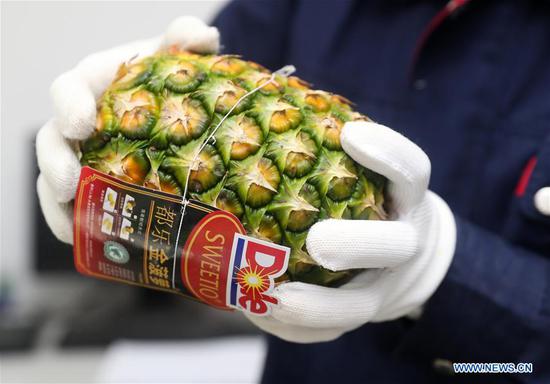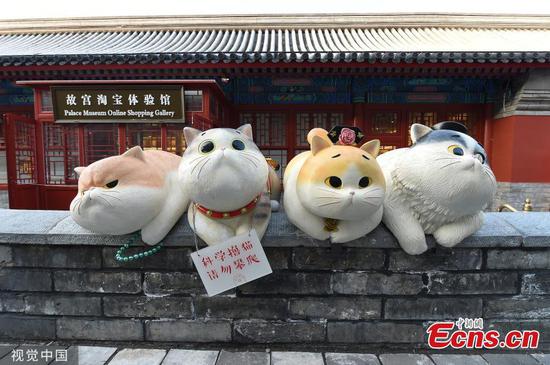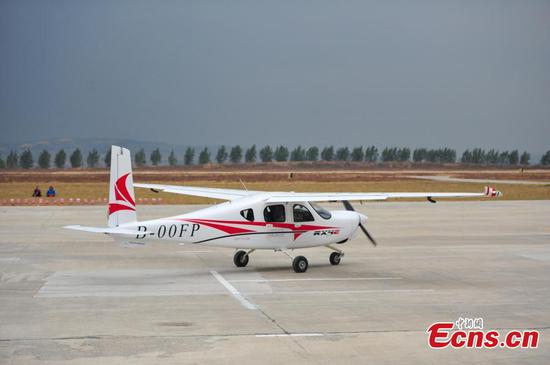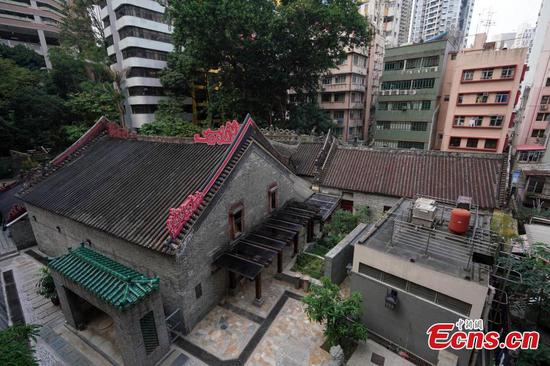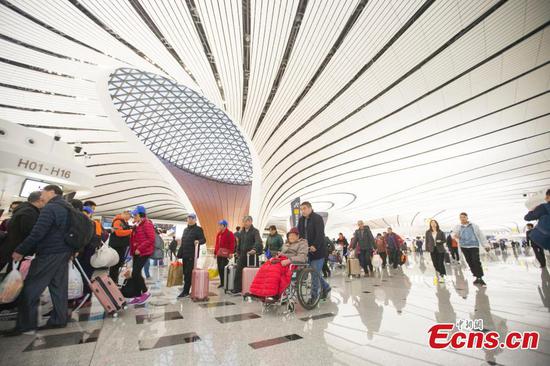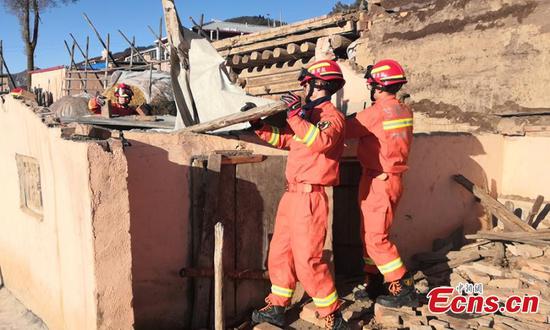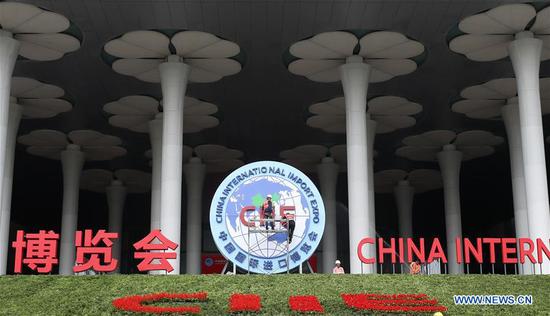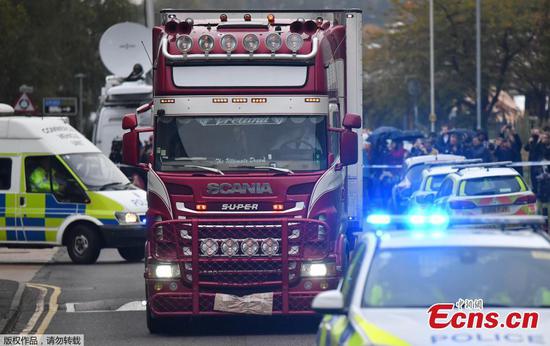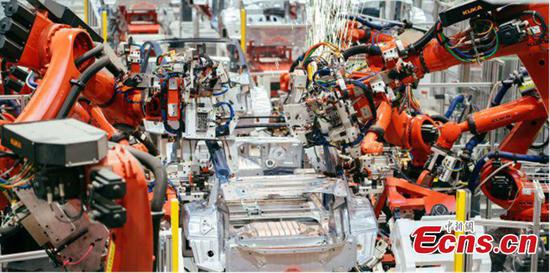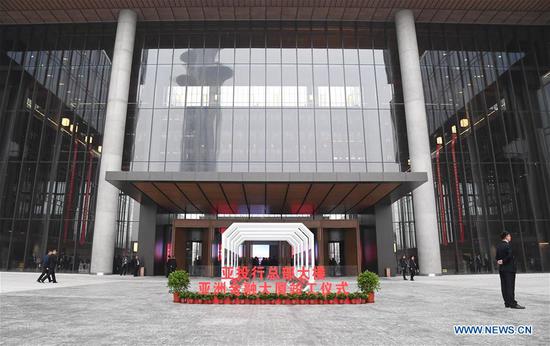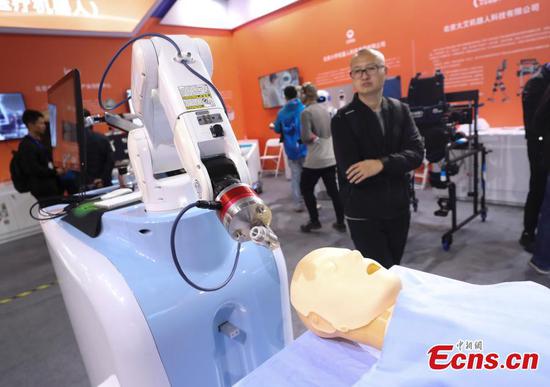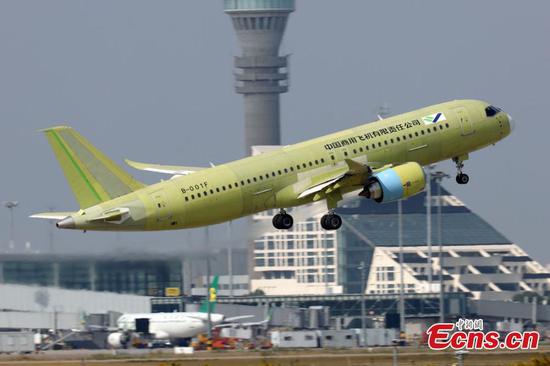Eating and drinking on the subway has long been a contentious issue in China. While many have expressed annoyance at the scent and sight of food and wrappers in train cars, quite a few also support the right to munch on snacks during long commutes to work or school.
The debate recently arrived at its final destination when the Ministry of Transport introduced a new regulation last week that bars passengers nationwide, with exceptions for infants and people with certain medical conditions, from eating or drinking in subway cars.
The policy is scheduled to take effect on April 1 along with a raft of new conduct rules that will forbid subway riders from playing music or videos on speakers, lying down or stepping on seats, the ministry said, without specifying punishments.
Before the nationwide crusade against subway snacking, a few cities — including Beijing; Shenzhen, Guangdong province and Nanjing, Jiangsu province — introduced similar measures prohibiting consumption of food and drink in subway cars.
Zhang Han, a 26-year-old government employee, recalled that she was recently on a subway in Nanjing when she saw a female passenger fined for eating sugarcoated haws, a traditional street food.
"At first, I did not know about the penalty and felt sorry for the girl," she said. "Most people, including me, were simply unaware of such a food ban before."
Now that a national ban is in the pipeline, she said she supported the idea of maintaining a food-free transit system. "The subway car is a public space with poor ventilation. No food should be allowed, whether it gives off a strong odor or not."
For those in Hubei province, it is much harder to defy the time-honored tradition of eating on the go, including inside a subway car.
"The food ban is not compatible with local customs," said Chen Xiang-ru, a native of Wuhan. "For decades, we've been chowing down on hot dry noodles, a regional specialty, while walking, riding a bus, taking a taxi or even on boats. I personally won't be grossed out by the smell of food on the subway as I'm already used to it," Chen said.
Jiang Ruoxi, a college student who also is from Wuhan, takes a softer stance in the controversy, suggesting authorities grant some leeway for commuters rushing between home and workplaces in a fast-paced city like Beijing or Shanghai.
China's rail transit system has developed rapidly in recent years, with 35 cities having built subways as of the end of 2018. The combined length of subway lines reached 5,295 kilometers last year, with the number of subway trips standing at about 21.3 billion in 2018, the ministry said.









